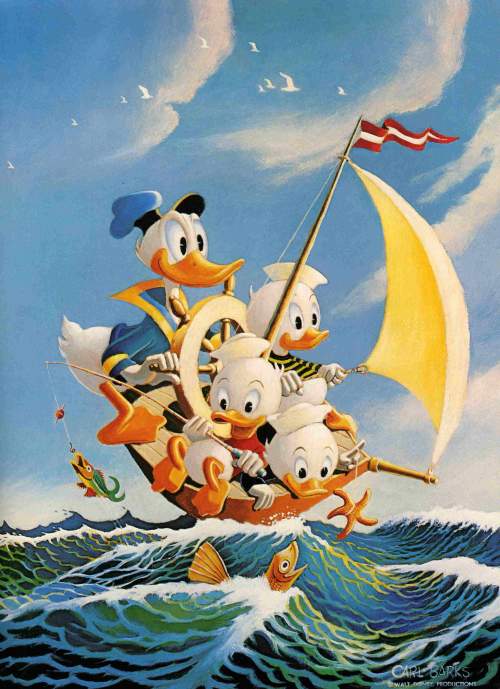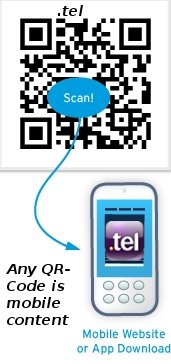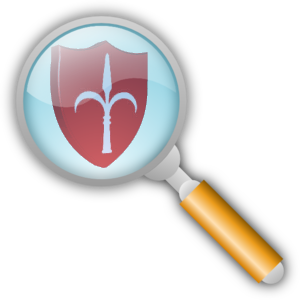A word is nothing else, than a code:
Example:
Word „Singer“.
----------------------- Profession: Singer -------------------
Human eye reads word/code (scans code), storing it in the humain brain.
Firstly, one part of the brain asks other part of the brain:
------------------------„What profession?“---------------------
Brain „decodes“ the word/code into a picture:
------------------------ Picture of a singer ----------------------
In order for the brain to answer your question, he must add word/code and picture:
------------------------ Word „Singer“ = Picture of a singer -----------------
And so, the brain delivers you a combo of:
-------------------------- Word/code + Picture -------------------------------
to the part of the brain, which had requested for an answer.
Which is the third part of the brain, as we have:
--> Brain Part 1 :
(Human eye reads word/code (scans code), storing it in the humain brain.)
--> Brain Part 2 :
(Brain „decodes“ the word/code into a picture.)
--> Brain Part 3 :
(Combines word/code with picture, to deliver an aswer to the question.)
--> Brain Part 4 :
(Storage of the understanding/delivered answer.)
Recapitulation:
1.Read
2.Store
3.Ask
4.Decode / create picture
5.Deliver result = Answer
6.Result = understanding
7.Storage of the understood
So, why can't we just read codes, like we read words?
Because we haven't learned how to read codes.
It is probably as simple as that.
When scanning a code, we have a program for decoding codes, that a programmer had developed.
Let us say, that an illiterate (analphabet) had a program for scanning text, and which would turn words and text into pictures and picture stories: Bingo!
This sort of program would only replace a skill that the illiterate had not learned in school.
However: No need to adopt the skill, if there is a cheap program around for that.
Conclusion: Everything that is related to visualisation, can be learned and adopted as a useful skill, without having to rely on computers, for those tasks.
Today, at present, we nevertheless should take advantage of some little helpers, such as mind maps, that are either existing programs on computer operation systems, or that we draw by hand, on a sheet of paper (which is still the best usage for mind mapping, if you have some practice).
Codes, are not dry stuff, and neither boring: It is about pictures, colors, and having fun by doing visualisation. The only thing: You must try to understand codes, and what is behind codes, and about the huge potential that lies within the usage of codes.
I remember having read about so called "smart chips", some years ago: Well, codes can be smart to. You just have to create or add smart, interesting quality content to that code, that can be read by a click and scan of the code.
Codes, are about mobile web content, that is of interest and some benefit for the scanner/reader/consumer/customer/client, which likes to shoot from his hip, with a smart phone.
A clicker happy shooter. Shooting text and image content on the go.
Guns are out, smart phones are in. Shoot me, scan me.
.






























































No comments:
Post a Comment